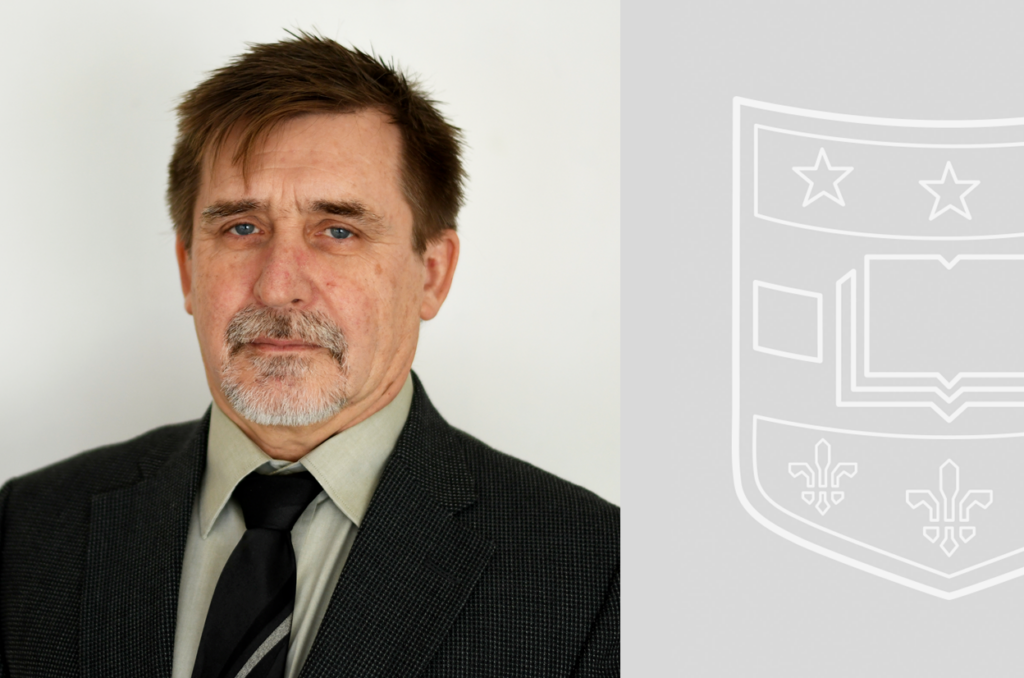Dr. Arturo Alisio obtained his PhD in Biochemistry from the University of Cordoba in Argentina where he studied plasma membrane composition and calcium transporters. Based on his early interest in membrane protein transporters, he came to Washington University to work with Dr. Mike Mueckler for his postdoctoral studies. In the Mueckler lab, Dr. Alisio studied the structure and function of the glucose transporters Glut1 and Glut4 by leveraging multiple expression systems such as Xenopus oocytes, E. coli, Pichia pastoris as well as mammalian cells. Following his postdoctoral studies, Dr. Alisio was initially appointed as Senior Scientist in the Department of Cell Biology before being recruited by Dr. Nathan Stitziel to the Department of Medicine and the Center for Cardiovascular Research in 2016. Dr. Alisio joined the faculty as an Instructor in the Cardiovascular Division of the Department of Medicine on March 1, 2022.
Dr. Alisio currently directs translational studies in the Stitziel lab, where he leverages his extensive knowledge of protein biology to understand how inherited genetic variation is related to cardiovascular disease in humans. Using this approach, he and his colleagues have designed animal models to study atherosclerosis and have cloned, expressed, and purified the implicated proteins in order to understand the underlying mechanisms and pathways involved in the pathophysiology of disease. Many of the proteins Dr. Alisio has identified and studied are diverse in origin, location, and function. For example, SVEP1 and LOX are extracellular matrix proteins, while PEAR1 and NOTCH family receptors are plasma membrane proteins, and ANGPTL3 is a plasma protein involved in lipid metabolism.
Dr. Alisio’s major current interest is focused on understanding the role of SVEP1, an extracellular matrix protein of 380 KDa with multiple domains, in the biology and pathophysiology of the vascular wall. Studies from a novel mouse model recently generated in the lab demonstrated that Svep1 levels are critical for plaque formation in atherosclerosis, highlighting the importance of this protein in vascular disease. As such, Dr. Alisio hopes to gain insights into the role and function of SVEP1 in physiology and pathophysiology with the hope of developing potential therapeutic strategies for the treatment and prevention of atherosclerosis. His research interests focus on studying the structure and function of proteins that are secreted into the extracellular matrix in the cardiovascular system with the goal of understanding the role of these proteins in the development of cardiovascular disease.
